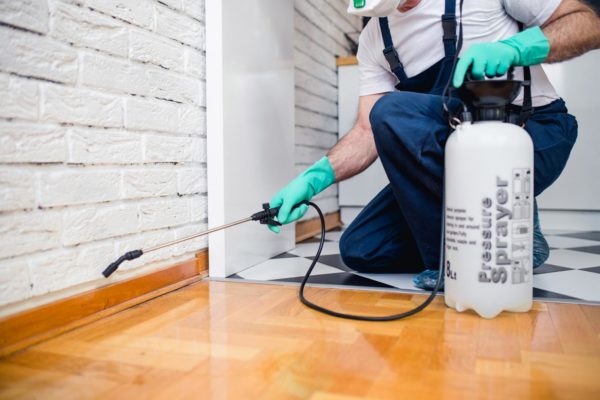Traveling with pets can be stressful for both of you. However, if you are prepared and follow a few good suggestions, you and your pet will have a smooth ride.
1. Length of trip Before anything else, it’s critical to know as accurately as possible how long the trip will be. It is also beneficial to have predetermined rest stops planned depending of course on how long of a trip it will be. A factor to consider when deciding on a rest stop is if the stop will benefit both you and your pet. I suggest a more rural place with space for your dog to run a little or to walk your cat a bit. The fresh air will calm and rejuvenate you and your pet. There are usually vending machines and indoor bathrooms at most state waysides also. These are usually the perfect place to stretch.
2. Transportation When traveling with pets you will need to decide if they would do better in a kennel, carrying cage or free to move about the vehicle. This is completely dependent on you and your pet. Some dogs panic or get sick confined to a kennel in the car, and for others it is the opposite, same goes for cats. With both cats and dogs you have to consider where they will be in the vehicle. Will they be a distraction? If they are free to move about will they want to sit in your lap or curl up under your feet? It’s vital that your pet not be a distraction. If your pet has never traveled before, take them on a test drive before the actual trip. Even a short ride will expose their habits in the car. If time allows, train your pet to stay seated or lay down during car rides. Exposing your pet to regular car rides early is the best way to get your dog or cat comfortable in a vehicle.
3. Giving a probiotic Many pets will develop intestinal problems when under stress, and traveling can cause great stress on a pet. Giving a probiotic supplement before, during and after stressful periods can alleviate the onset of diarrhea and help to regulate the digestive tract. We would suggest something like Fortiflora which can be picked up at your vet’s office or from a variety of online pet health stores. Start giving Fortiflora before the trip and then continue for as long as you would like. Probiotics will also increase your pet’s overall health and immune function.
4. Food and hydration Depending on how long the trip is you may need to plan meals for your cat or dog. Never feed your cat or dog right before or during a long car ride. This will most likely upset your pet’s stomach, which will cause them a lot of discomfort and could potentially result in vomiting. Also, do not provide a bowl of water in the car for the trip. Offer water and a little food at a rest stop and wait long enough for the food to settle and remember to stop again soon for your cat or dog to urinate. Make sure that you do not over feed your pet; this could cause an upset stomach. The goal is to make sure that they are not hungry but not full either. The use of a probiotic such as Fortiflora, mentioned above, will also help with digestion.
5. Comfort If your pet does not travel with you often, offer them a few things from home to ease their transition to the vehicle. Do not pack your vehicle full of toys and pillows but a blanket and one or two soft toys might help them feel more comfortable. I also suggest an article of your clothing if your pet is in a detached part of the vehicle, such as a truck bed.
Traveling with pets can be enjoyable for both you and your pet if you are prepared and follow these simple steps to ensure a smooth ride. Have fun!











